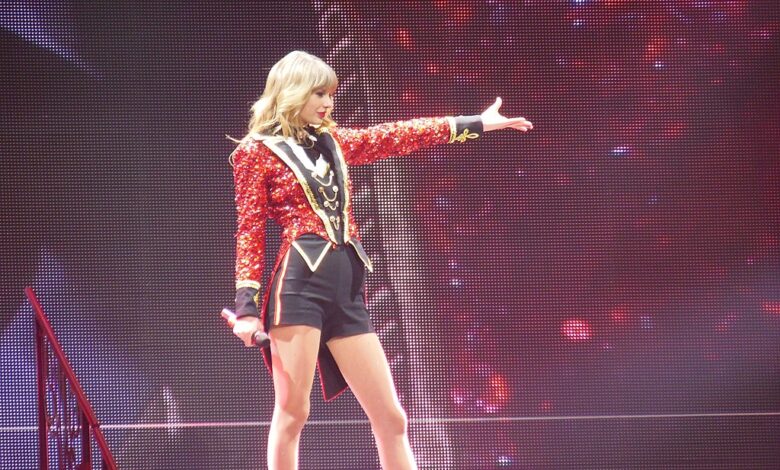
Social media platform X has moved to block searches of Taylor Swift after explicit AI-generated deepfake images of the pop star went viral last week.
Deepfake images of the singer in sexually explicit scenarios alongside fans of NFL team the Kansas City Chiefs were circulated on various social media platforms, leading to Swift considering legal action. X initially battled to remove the images from the platform but struggled due to new accounts regularly reposting them.
But today (Jan 29), when searching for Swift on X, a message appears that says: “Something went wrong. Try reloading.”

In a statement issued to the BBC, X’s head of business operations, Joe Benarroch, said it was a “temporary action” to prioritize safety.
On Friday, X issued a separate statement, per the BBC, in response to the photos to remind its users that posting non-consensual nudity on the platform is “strictly prohibited.”
The statement said: “We have a zero-tolerance policy towards such content.
“Our teams are actively removing all identified images and taking appropriate actions against the accounts responsible for posting them.”
Furthermore, the images of Taylor Swift have caught the attention of the White House, who last week called the spread of AI-generated deepfake photos “alarming,” as reported by The Verge. The White House’s press secretary, Karine Jean-Pierre called for legislation to tackle the misuse of AI technology on social media and also told platforms in this space that they have a responsibility to put processes in place to ban such content.
What is AI deepfake content?
The word ‘deepfake’ originated by combining the terms ‘deep learning’ and ‘fake.’ A deepfake piece of content is a video or image that uses AI technology to substitute the likeness of one person with another.
This kind of technology isn’t exactly new, with Hollywood often using deepfake methods to superimpose actors’ features into films. However, now that the technology has become more widely available to the public, and as AI technology continues to become more advanced, there are increasing concerns about the ethics behind this type of content creation. This is never more evident than right now, as Taylor Swift has found it in the most intrusive of ways.
As the technology evolves it is becoming more and more difficult to spot deepfakes, whereas in the early stages, it was relatively easy to differentiate between AI-generated content and genuine images or videos.
Featured Image: Jana Zills, CC BY 2.0, via Wikimedia Commons
Source link




